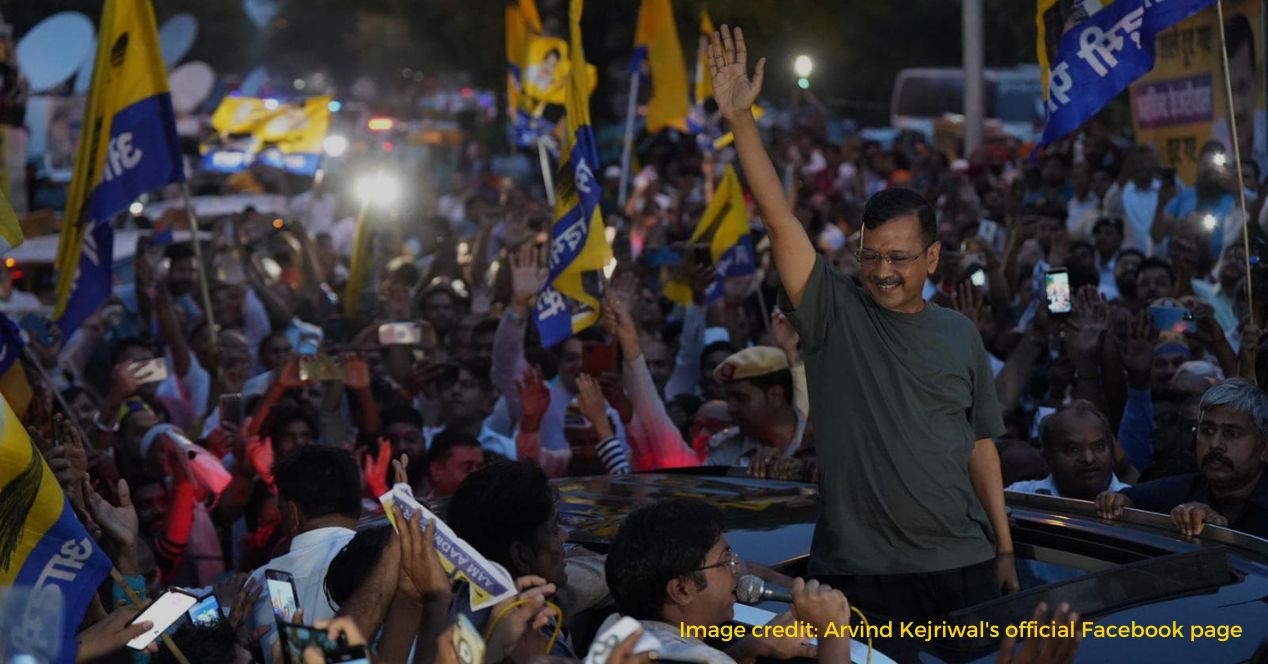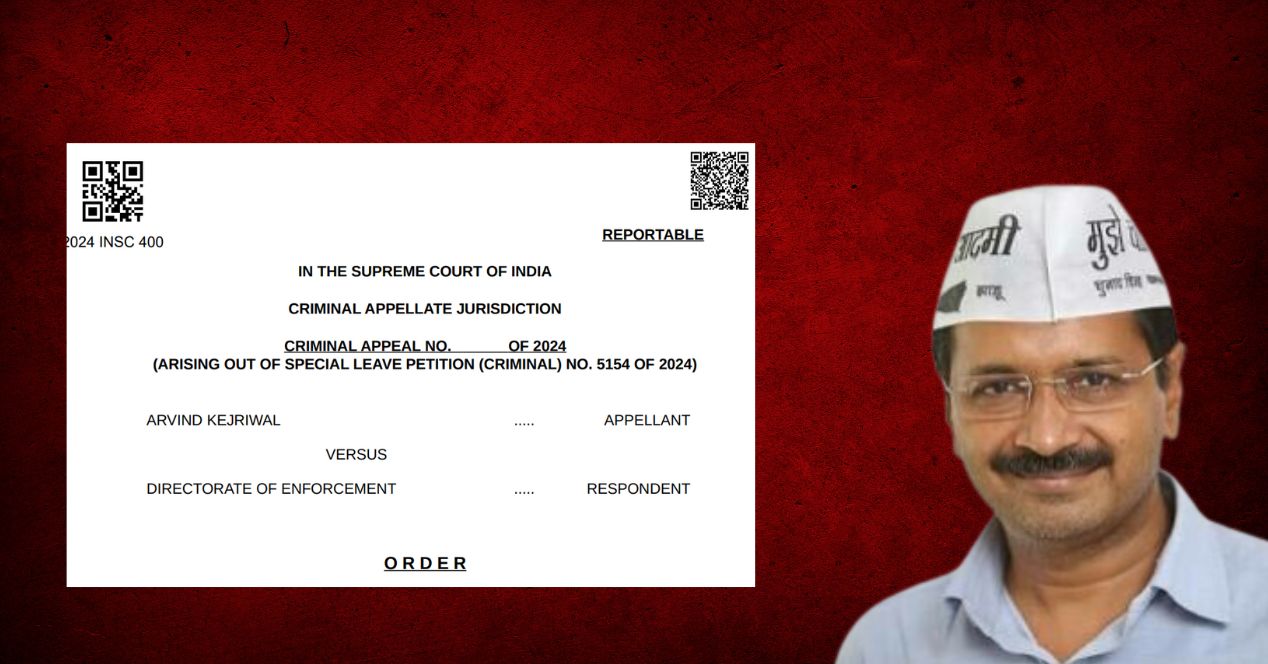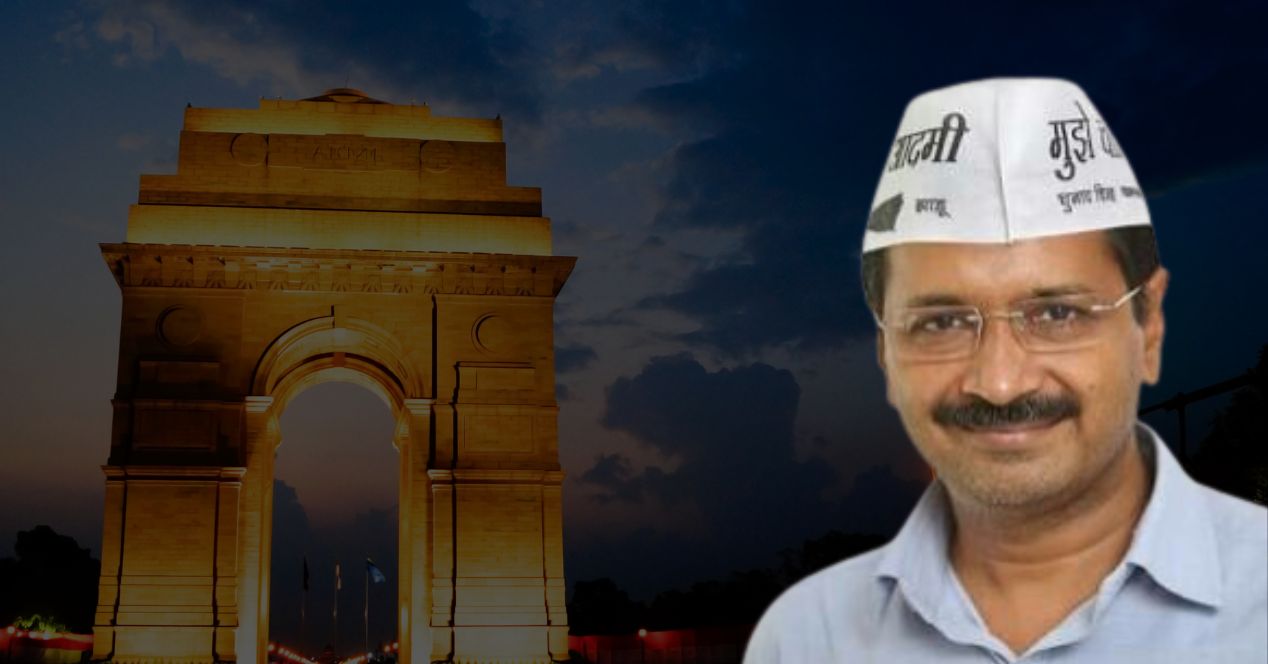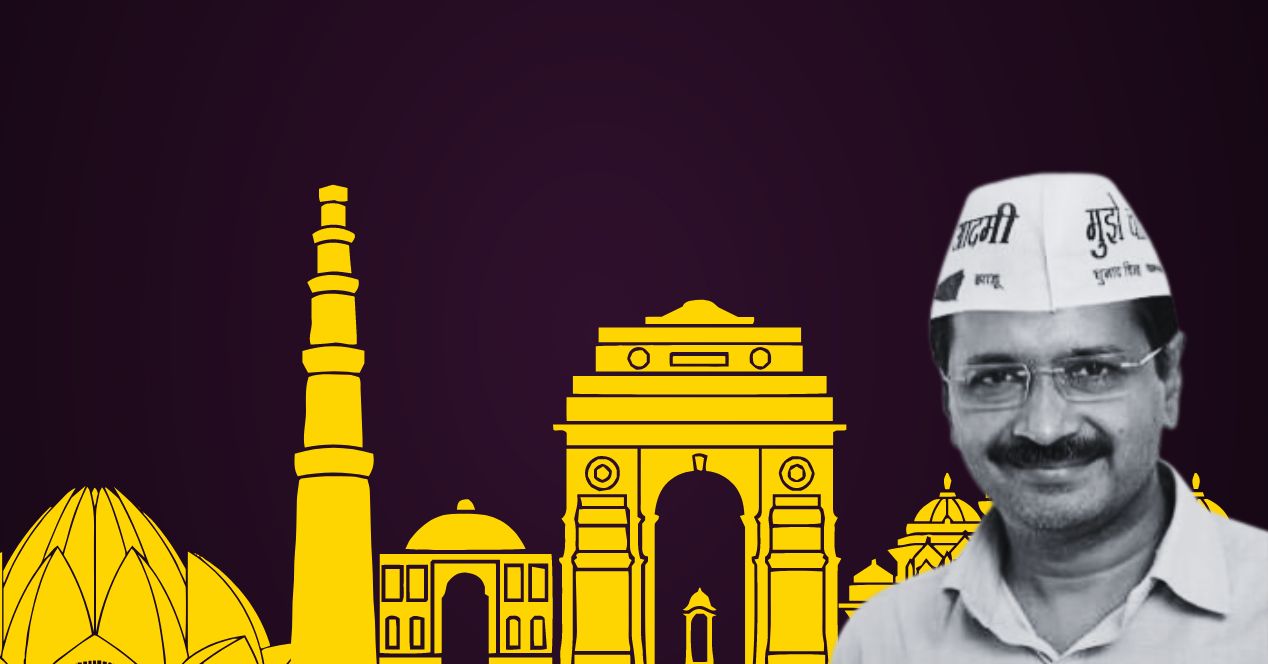Analysis
Sufficient material to implicate Arvind Kejriwal, Enforcement Directorate argues
The ED argued that Arvind Kejriwal bypassed procedures by directly approaching the High Court to challenge his arrest
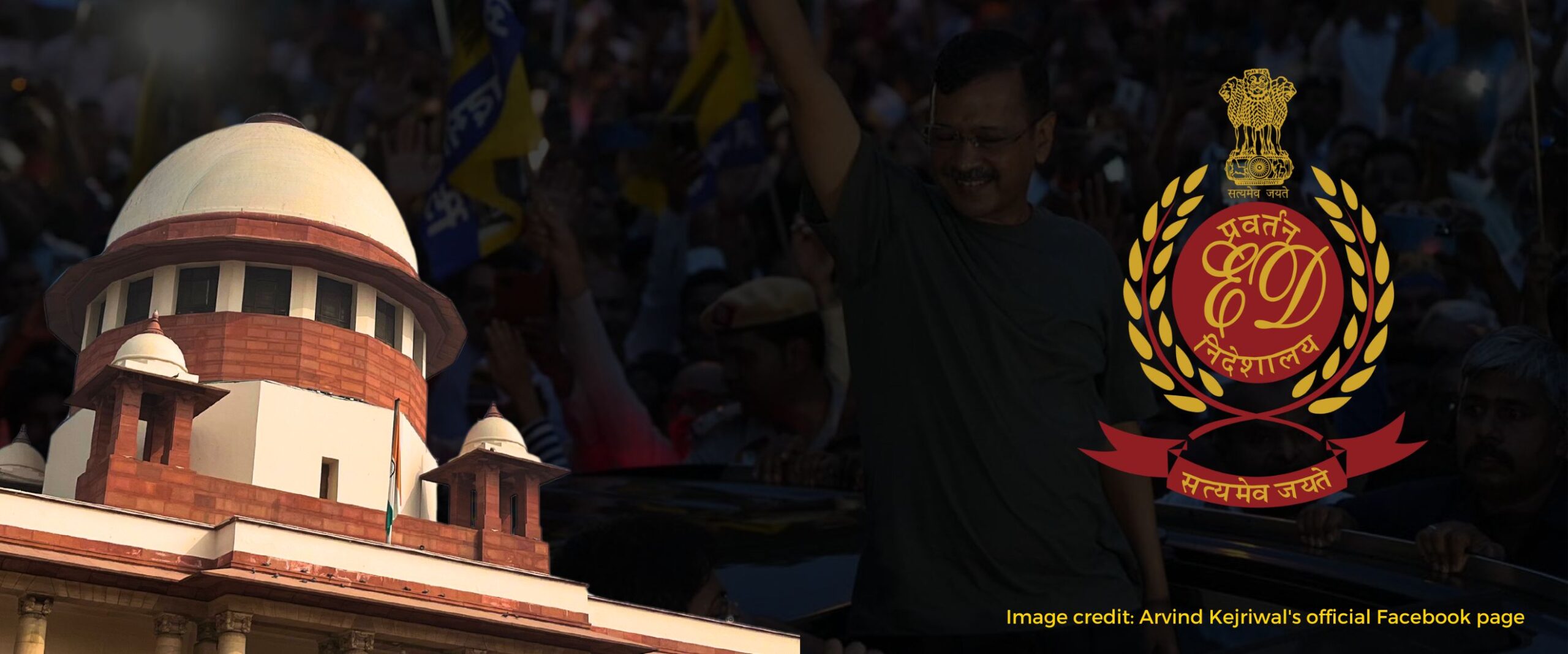
A Division Bench of Justices Sanjiv Khanna and Dipankar Datta heard arguments of the Enforcement Directorate (ED) on the legality of Delhi Chief Minister Arvind Kejriwal’s arrest. Solicitor General Tushar Mehta and Additional Solicitor General S.V. Raju appeared for the investigative agency.
Last week, the Bench had granted interim bail to Kejriwal on the condition that he would not enter the office of the Delhi Chief Minister and the joint secretary. He was permitted to campaign for the Aam Aadmi Party (AAP) till June 1. This week, the ED informed the Delhi High Court that AAP will join the list of accused persons in the Delhi Excise Policy case.
So far, the top court has heard arguments from Senior Advocate A.M. Singhvi, appearing for Kejriwal, who contended that the ED selectively referred to material and statements implicating Kejriwal. He accused them of disregarding material that favoured the Chief Minister. Further, Singhvi argued that the criteria for arrest under Section 19 of the Prevention of Money Laundering Act, 2002 was not satisfied by the ED while arresting Kejriwal.
On its part, the ED undertook a detailed reading of statements by accused turned witnesses Mangunath Reddy, Raghav Reddy, and Sarath Reddy. Further, Mehta and Raju defended the ED’s reasoning for arresting Kejriwal under Section 19.
ED not a quasi-judicial body
Section 19 of the PMLA stipulates that four conditions must be satisfied before arresting an accused person:
- The arrest has to be on the basis of material in possession of evidence with the ED
- There has to be reason to believe that the accused is guilty of the offence,
- the reason must be recorded in writing
- The grounds for arrest should be communicated with the accused
Singhvi had argued that the ED had material in its possession that did not indicate Kejriwal’s involvement in the case. Yet, at all this “disappeared” and was deemed irrelevant. The material that the ED relied on to implicate Kejriwal was simply insufficient. According to him, an investigating officer should make a holistic reading of all the material and witnesses before recording his reasons for arrest in writing.
Mehta argued first for the Union. He argued that Kejriwal’s arrest was a part of the investigation. Singhvi, Mehta said, was asking the investigating officer to conduct a“mini trial” on whether a witness or material was reliable or not. The officer isn’t a quasi judicial or judicial entity, and was charged with only an executive function. “Otherwise there is no difference between an arresting officer and a judge,” he said.
S.V. Raju followed, and stated that there was sufficient material to conclude that Kejriwal was prima facie guilty. He claimed that Kejriwal demanded ₹100 crores from Magunta Reddy as a bribe when the Excise Policy was being drafted. The ED submitted that Magunta Reddy, a member of parliament from the Yuvajana Shramika Rythu Congress Party, was involved in the liquor business. This money, Raju contended, was used in the Goa elections and for Kejriwal’s stay at Goa’s Grand Hyatt Hotel.
He referred to statements made by Magunta Reddy and his son Raghav Magunta Reddy who allegedly communicated with K. Kavitha, another accused in the scam. He also relied on Sarath Reddy’s statements on his meeting with Kejriwal and Vijay Nair (AAP’s former communications head) at Oberoi Hotels. Sarath Reddy was accused of paying huge sums of money to the AAP for setting up retail zones for liquor business. With that, Raju drove home his point that the investigating officer, based on material evidence, only has to record his “reasons to believe” that Kejriwal is guilty. He need not enter into a discussion on the merits and demerits of the evidence and statements.
The Bench inquired whether the investigating officer’s refusal to refer to material that absolves Kejriwal can become a ground for bail. Justice Datta pointed out that the ED cannot rely on only one side of the material to conclude that Kejriwal had valid reasons to be arrested. Raju responded that the other material can be reviewed while considering bail for an accused—not at the stage where the arrest is challenged. “The scheme of the PMLA is different at different stages with different considerations,” Raju said. Justice Khanna was quick to point out that the “irrelevant material” will not be useful in a bail hearing as the Court will not have access to the documents.
Mehta: Kejriwal’s petition not maintainable
Mehta stated that Kejriwal had challenged his arrest by exercising the privilege of filing a writ petition under Articles 226 and 227 directly at the High Court, along with Section 482 of the Code of Criminal Procedure (CrPC). In contrast, as per proper procedure, ordinary citizens had to first approach the Trial Court. He warned that the Bench’s decision would inadvertently set down a bad precedent. He argued that a “common man” could take this approach to challenge any of their arrests and the Court would be in a difficult place, unable to refuse them once the gates are open.
Justice Datta asked whether Mehta’s point was that an arrest under Section 19 of the PMLA cannot be challenged under Article 226. Justice Khanna added that the Court can “obviously interfere” if there is a violation of the conditions of arrest. He stated that the remedy of Article 226 is available but it’s not always entertained due to alternate remedies, as exercise of “judicial restraint.” Lastly, he reminded Mehta that Kejriwal did in fact approach the Supreme Court directly but the doors were shut, which resulted in him going back to the trial court. “I think both of you were present,” Justice Khanna reminded Mehta and Raju.
Mehta: Kejriwal’s comments a “slap to the system”
Reportedly, in a rally recently, Kejriwal stated that he would not go back to judicial custody on 2 June 2024 if the AAP was voted into power. This statement, Mehta contended, was a “slap to the system” adding that “he [Kejriwal] ought not to have said this.”
Singhvi, present in Court, immediately stood up to protest these comments stating that Mehta wanted to “enter a flourish of prejudice.”
The Bench, determined to conclude arguments on the legality of arrest, stated that the timelines in the bail order were “clear” and the rule of law will be governed by the Order.

